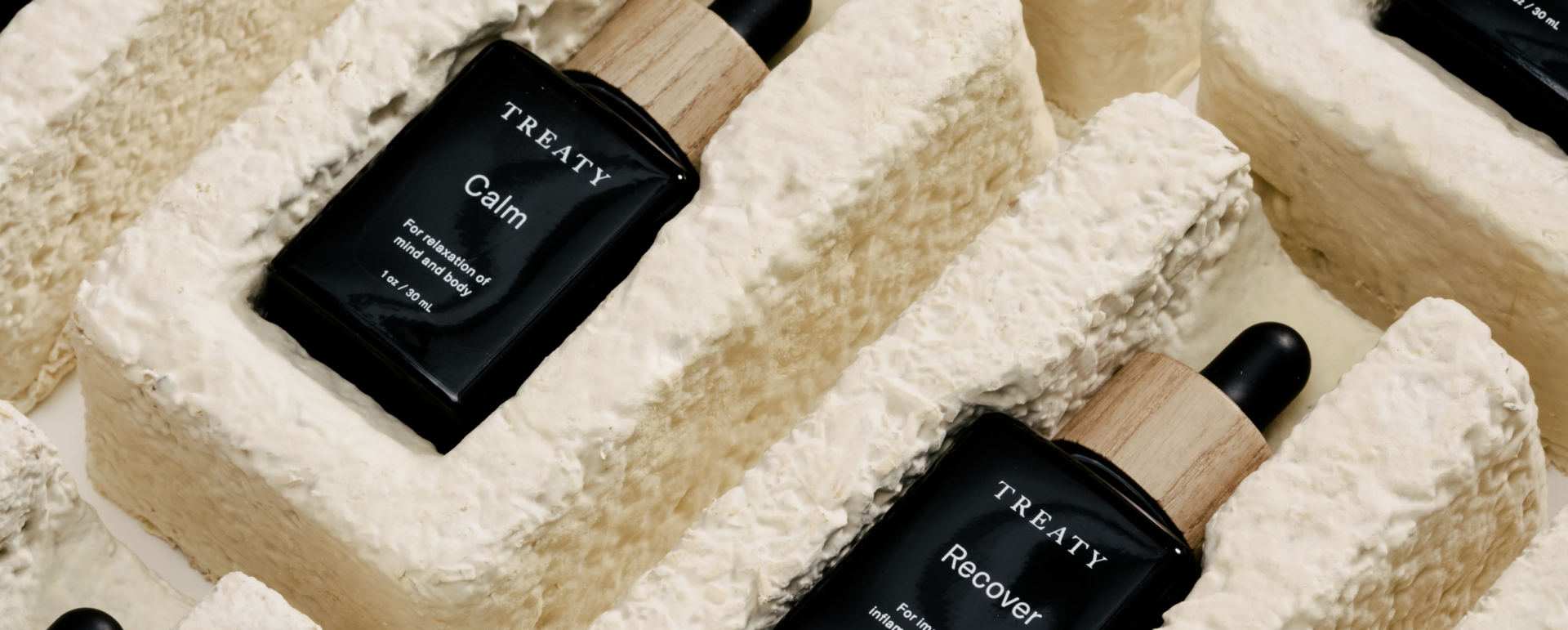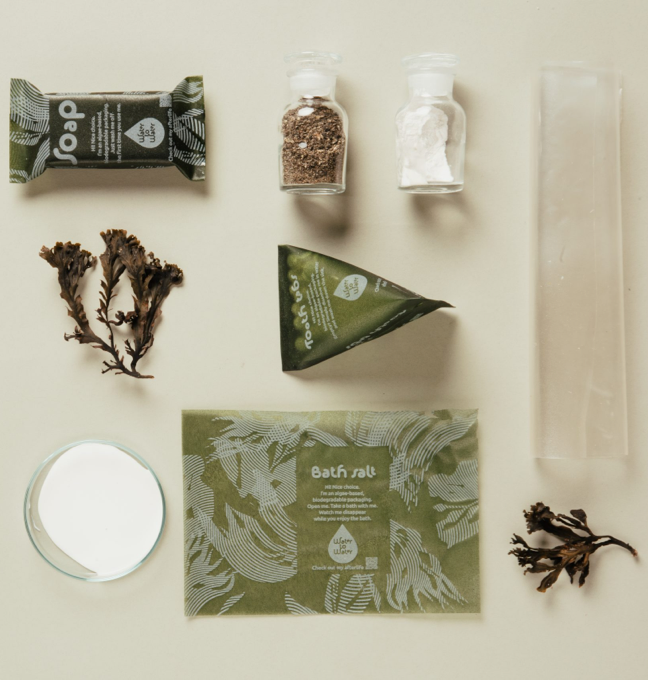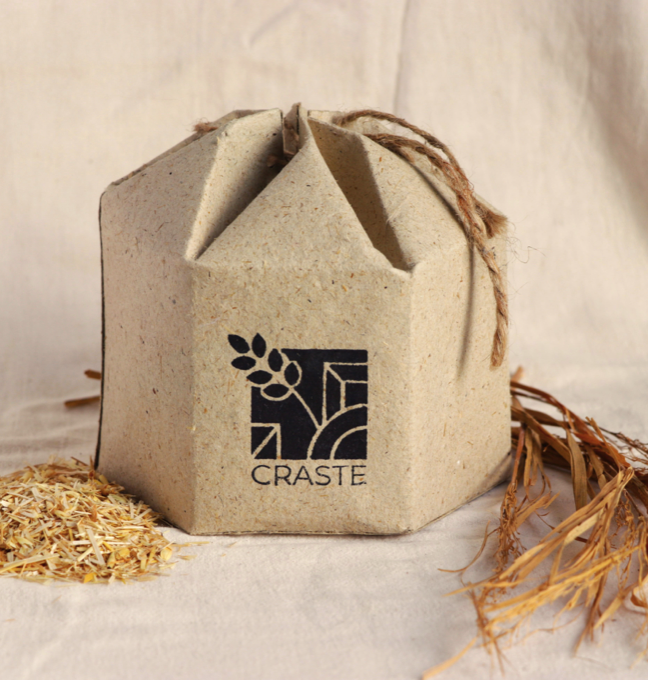The Future of Sustainable Packaging: How Startups are Leading the Way

This article is written by Gabriella Blakstad

Credits: MUJO
KELPI & MUJŌ - Biodegradable packaging solutions from seaweed
Problem: Plastic pollution is prominent both on land and in our oceans, with an especially big problem being single-use items that seldomly are or can be recycled.
Solution: Kelpi specialises in creating sustainable, biodegradable packaging solutions made from seaweed. They use a process that converts seaweed into a biopolymer that can be moulded into various packaging shapes and sizes. It is safe for the marine environment and will easily compost after use. mujō is another startup that makes packaging from seaweed. Their goal is to ban durable materials from being used for short-life products. They ensure that the products of today do not become the waste of tomorrow by designing their packaging to disappear (biodegrade) right after being used.
ECOVATIVE - Earth-friendly protective packaging foam from hemp and mycelium
Problem: Plastic protective packaging foam is widely used, but it frequently ends up in landfills and requires substantial resources to manufacture. Moreover, the production of these materials demands a significant amount of embodied energy, equivalent to 1.78 metric tons of petroleum per metric ton of plastic packaging.
Solution: Ecovative makes a nature-made, Earth-friendly alternative to protective packaging foam from hemp hurd and mycelium. The hemp hurd is a byproduct from the fibre hemp industry and is upcycled into food for the mycelium to create their biobased and compostable packaging material. This material requires a tenth of the energy to produce and is chemical-free, flame resistant and ocean safe.
TRACELESS - Compostable plastic-alternatives from food production residues
Problem: Biobased materials are sometimes criticised as they are competing for resources with food production. Food production, on the other hand, is exploitative of many resources, among them water and land, and much of the food produced is wasted even before it leaves the farm. Making sure to not compete with the production of our growing population’s need for food while also making the food production itself more efficient is thus crucial.
Solution: Traceless creates compostable materials from food production residues, contributing to a sustainable future without competing for food or causing land-use change. With lower CO2 emissions and no hazardous additives or solvents, Traceless offers a viable alternative to plastic and bioplastics, without falling under the EU Plastic Directive.

Credits: Craste
CRASTE - Materials for packaging and furniture from crop residue
Problem: Significant quantities of crop residue are generated globally. In India, approximately 500 million tonnes are produced every year. A big worry is that around 16% of this crop residue is burned, resulting in the release of roughly 150 million tonnes of CO2 into the atmosphere.
Solution: The Indian startup Craste‘s efforts are focused on crop waste management, which involves offering farmers an additional source of income. They achieve this by transforming the crop residue into materials that can be used for packaging and furniture applications. The tree-free pulp is converted into food-grade paper, offering strength and shape retention, using less water and producing no toxic effluents
BOOMERANG - Reusable packaging from recycled plastics with a deposit system
Problem: The rise of online shopping has led to an increase in packaging waste, presenting a significant challenge for brands and the environment. The convenience and accessibility of e-commerce have transformed the retail industry, but it has also brought about a surge in packaging materials, including boxes, bubble wrap, air pillows, and plastic packaging.Solution: Boomerang aims to reduce E-commerce packaging waste with reusable packaging from recycled plastics and a deposit system, promoting a circular economy and reducing CO2 emissions in online trade.
Liked this article?
And would you like us to keep you up-to-date on all the latest trends and innovations from our network?